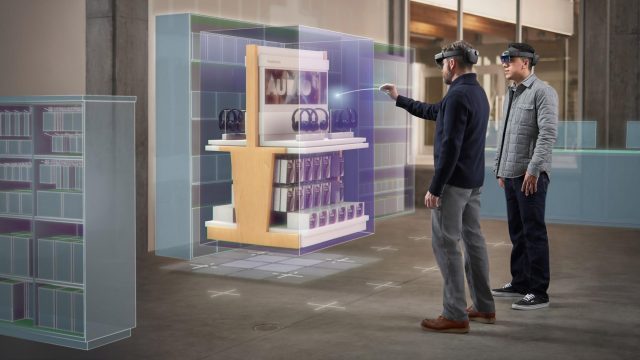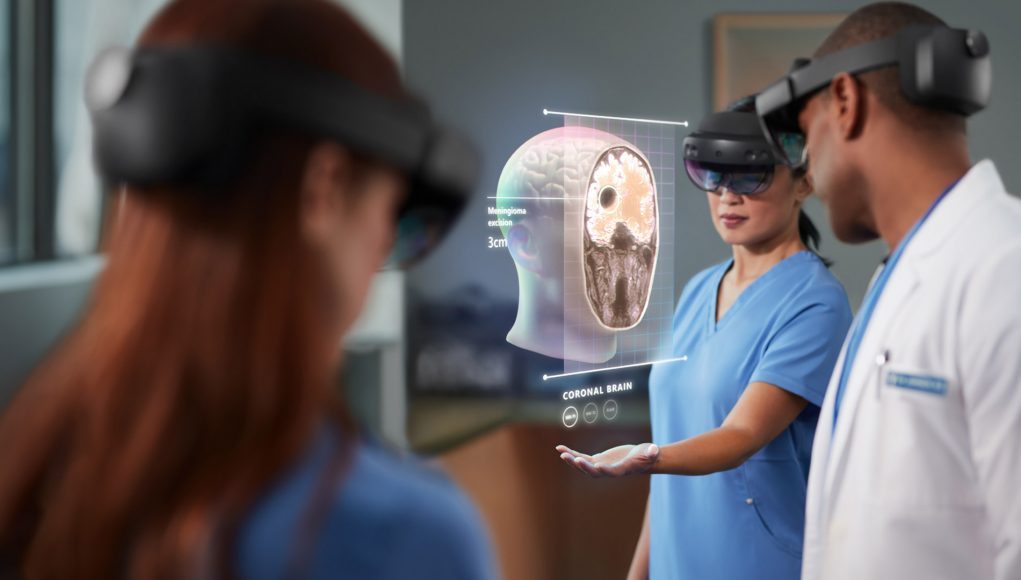Unreal Engine 4.25 launched this week bringing a host of improvements to the engine’s XR functionality. HoloLens 2 and Magic Leap saw the most attention, including the addition of Azure Spatial Anchors, Microsoft’s cross-platform system which enables shared augmented spaces across devices.
Unreal Engine is one of the most popular game engines for building XR content. Each release brings improvements to the engine’s XR capabilities with new features and bug fixes. This week Unreal Engine 4.25 was released and saw a host of improvements, especially to HoloLens 2 and Magic Leap.
Epic Games says that Unreal Engine now offers production-ready support for HoloLens 2. This comes after a range of bug fixes and new capabilities now supported in the engine, including Microsoft Spatial Audio, App Remoting from packaged UE apps, mixed-reality capture, and beta support for Azure Spatial Anchors.

Azure Spatial Anchors is Microsoft’s cloud-based system which allows AR devices to recognize discrete real-world locations between sessions and to synchronize and share the position of spatial content between devices for multi-user applications.

Magic Leap also saw a bunch of improvements to streamline development in Unreal Engine 4.25, including the ability to set up shared world experiences using new features of the Magic Leap SDK like GameMode, PlayerController, and GameState. Epic also says it has improved the AugmentedReality interface to make it easy to port smartphone-based AR projects over to Magic Leap.
On the VR side, Unreal Engine 4.25 sees a range of bug and crash fixes, and SDK updates.
Oculus’ OVRPlugin has been updated to version 1.45, along with an update to Oculus Audio which adds support for ARM64 on Quest. SteamVR has been updated to 1.5.17 and SteamAudio, Valve’s positional audio system, has been updated as well, now with support for high-quality stereo layers and dynamic geometry.
For more detail, check out the complete release notes for Unreal Engine 4.25.







